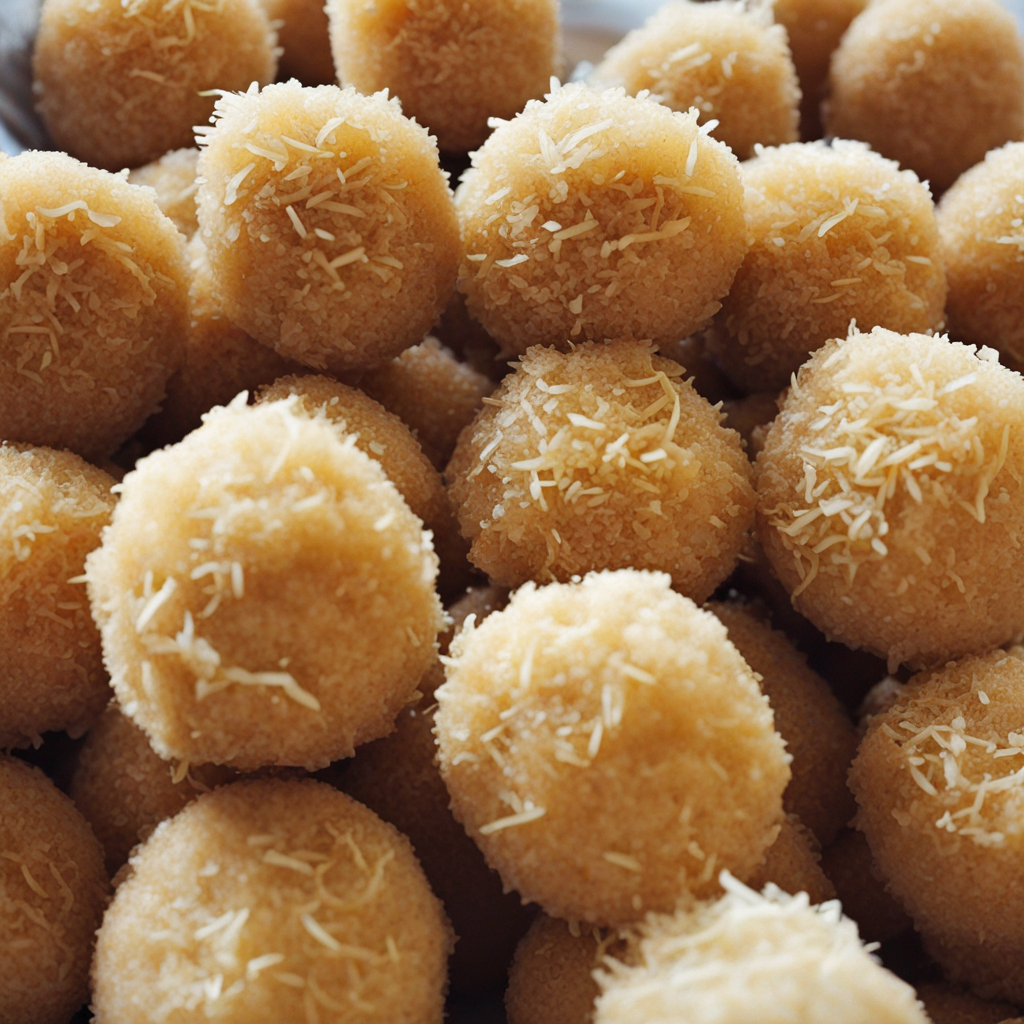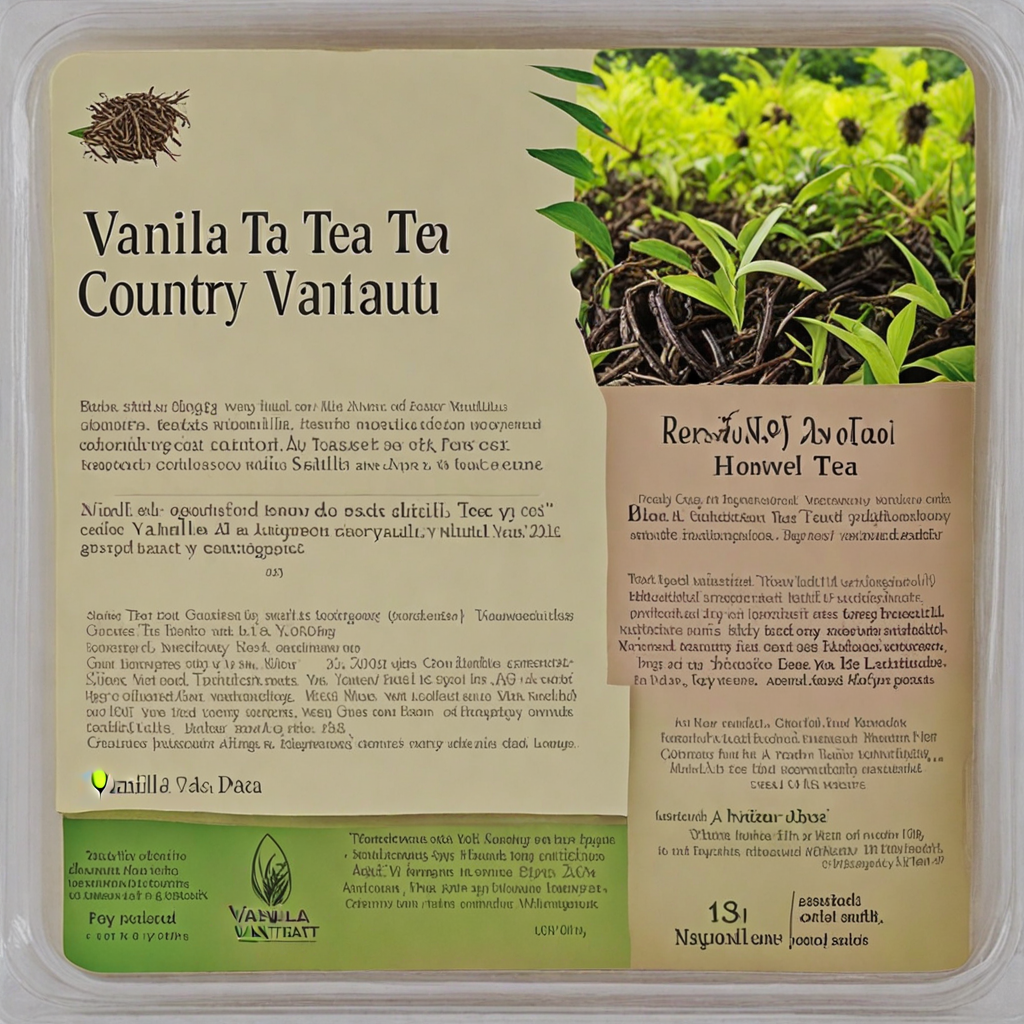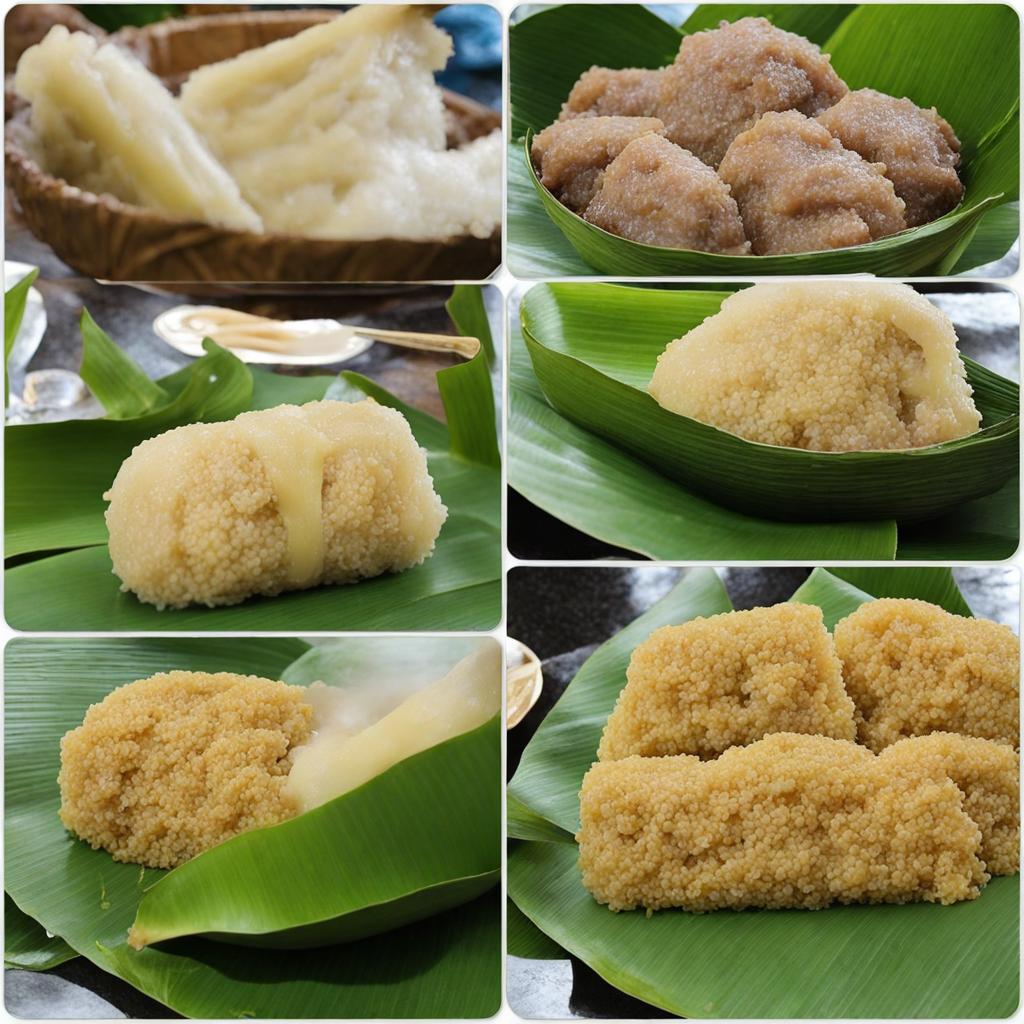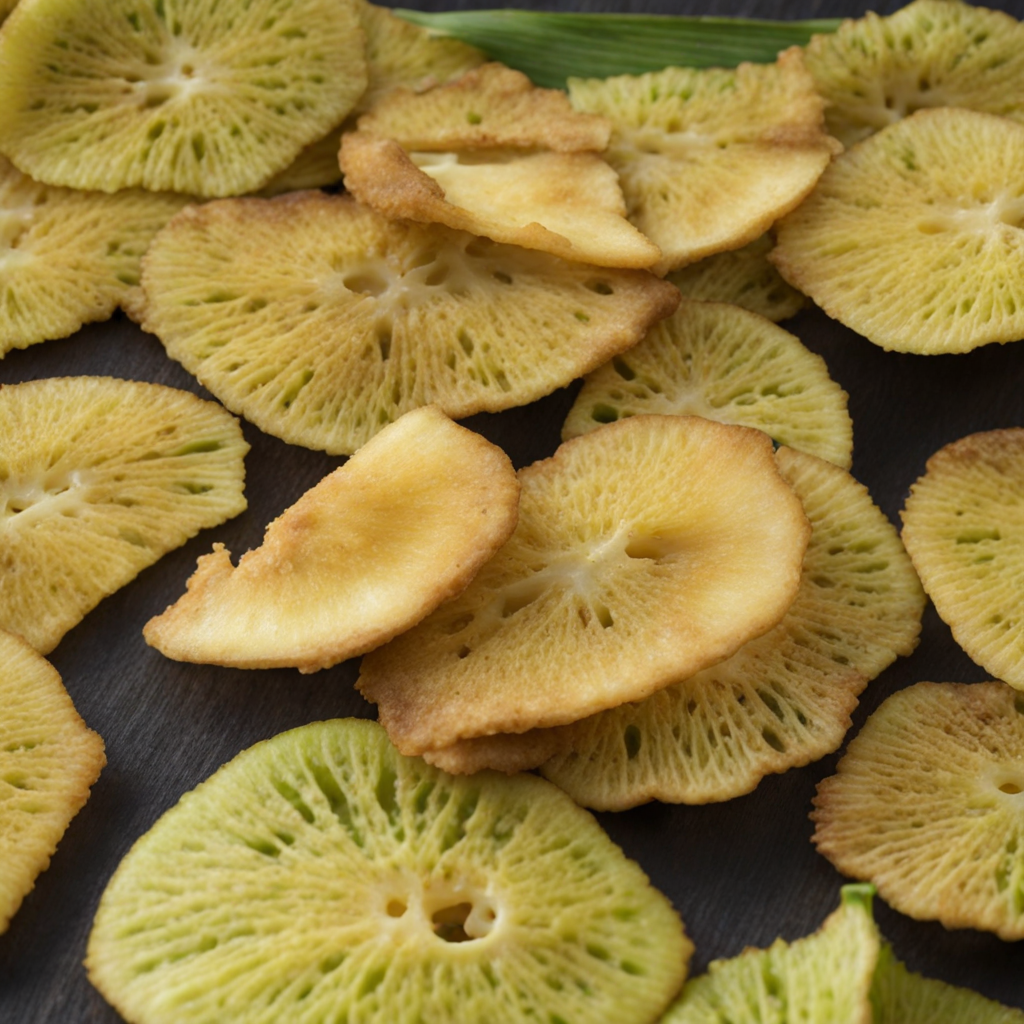Coconut Ladoo
Coconut Ladoo is a delightful treat that showcases the rich flavors and textures of the tropics, particularly from the beautiful islands of Vanuatu. These small, round confections are primarily made from freshly grated coconut, which provides a chewy, slightly sweet base. The coconut is typically combined with condensed milk or sugar, creating a creamy and luscious filling that melds perfectly with the natural nuttiness of the coconut. The use of local ingredients gives these ladoos a unique twist, making them a cherished snack or dessert in Vanuatu. To enhance the flavor profile, Coconut Ladoo is often infused with hints of vanilla or cardamom, which adds a fragrant aroma and depth to the taste. After mixing the ingredients, the mixture is rolled into small balls and sometimes coated with desiccated coconut or finely chopped nuts, offering a delightful crunch that contrasts beautifully with the soft interior. The bright, tropical notes of the coconut make each bite a mini-vacation for your taste buds, evoking the sun-kissed beaches and lush landscapes of Vanuatu. Coconut Ladoo is not just a treat; it embodies the spirit of sharing and community that is prevalent in Vanuatu's culture. These bites of bliss are often enjoyed during celebrations, family gatherings, or simply as a sweet pick-me-up during the day. Perfectly portable, they make for an excellent snack on the go or a charming gift for friends and loved ones. Discovering Coconut Ladoo is not just about tasting a new dessert; it's about experiencing a piece of Vanuatu's vibrant culinary heritage.
How It Became This Dish
The Sweet Journey of Ladoo Kokonat: Vanuatu’s Beloved Treat #### Origins: A Taste of Tradition Ladoo Kokonat, a delightful coconut-based confection, has become an emblem of culinary tradition in Vanuatu, a picturesque island nation in the South Pacific. The origins of this sweet treat can be traced back to the diverse cultural influences that have shaped Vanuatu’s cuisine over centuries. The islands of Vanuatu are home to over 80 distinct languages and cultures, stemming from Melanesian roots and enriched by European colonization and missionary influence. The use of coconut in Vanuatu's culinary practices dates back thousands of years, as the coconut palm is often referred to as the "tree of life." It provides not just food but also shelter, tools, and materials for weaving. In the context of sweets, coconuts have always played a crucial role, providing a rich, creamy texture and natural sweetness that forms the base for many traditional dishes. The Ladoo Kokonat likely emerged from the confluence of traditional Melanesian cooking and adaptations influenced by Indian culinary practices, particularly the sweet known as "ladoo," which is made from flour, sugar, and various flavorings. The melding of these influences is a testament to Vanuatu's rich history of trade and cultural exchange, as Indian indentured laborers were brought to the islands in the late 19th and early 20th centuries to work in the sugarcane fields. This migration introduced a variety of Indian culinary techniques and flavors, which fused with local ingredients, resulting in the creation of unique sweets and dishes like Ladoo Kokonat. #### Cultural Significance: More than Just a Sweet Ladoo Kokonat is more than just a delicious treat; it is a cultural symbol that reflects the heritage and communal values of the Ni-Vanuatu people. In many Melanesian cultures, food is integral to social cohesion, serving as a medium for expressing hospitality and celebrating important life events. Ladoo Kokonat is often prepared for special occasions such as weddings, festivals, and community gatherings. The preparation and sharing of Ladoo Kokonat during these events foster a sense of togetherness and community spirit. The act of making these sweets often involves family members working together, passing down recipes and techniques through generations. This communal approach not only strengthens familial bonds but also serves as a way to preserve cultural identity in the face of globalization. Moreover, Ladoo Kokonat is often associated with celebrations of abundance and gratitude. The coconut, as a staple food source, plays a significant role in the local economy and sustenance. By sharing Ladoo Kokonat, families express their appreciation for the land and the resources it provides, reinforcing their connection to their cultural roots. #### Development Over Time: A Culinary Evolution As Vanuatu continues to navigate the complexities of modernity while honoring its rich heritage, Ladoo Kokonat has also evolved. The traditional recipe, which typically includes grated coconut, sugar, and sometimes flour or rice flour, has seen variations depending on local ingredients and dietary preferences. Some contemporary versions incorporate modern techniques or additional flavors, such as vanilla, ginger, or fruit, showcasing the adaptability of this beloved treat. The increasing popularity of Ladoo Kokonat has transcended local boundaries, making its way into international culinary circles. With the rise of culinary tourism in Vanuatu, tourists are drawn to the islands not only for their stunning landscapes but also for their unique gastronomy. Visitors often seek out authentic culinary experiences, prompting local chefs and home cooks to showcase Ladoo Kokonat alongside other traditional dishes. Furthermore, the global interest in health and wellness has influenced the development of Ladoo Kokonat recipes. With the growing awareness of dietary restrictions and preferences, there are now gluten-free and vegan variations available, allowing a broader audience to enjoy this classic treat. This adaptability reflects a broader trend in the culinary world, where traditional recipes are being reinterpreted to cater to modern palates while still honoring their origins. #### Global Influence and Future Prospects As the world becomes increasingly interconnected, Ladoo Kokonat stands as a testament to the power of food as a cultural bridge. The treat has made its way into international food festivals and culinary showcases, where chefs and home cooks proudly present their interpretations. This exposure not only celebrates Vanuatu’s culinary heritage but also raises awareness about the islands' unique culture and traditions. The future of Ladoo Kokonat looks promising, as local chefs are experimenting with fusion styles, merging traditional flavors with contemporary techniques. This innovation is crucial for keeping the dish relevant in a rapidly changing culinary landscape. Furthermore, as Vanuatu embraces sustainable practices and promotes local agriculture, the demand for authentic, locally-sourced ingredients will likely enhance the appeal of traditional recipes like Ladoo Kokonat. #### Conclusion: A Sweet Legacy Ladoo Kokonat represents much more than just a sweet confection; it embodies the spirit of Vanuatu’s rich cultural mosaic. Its journey from traditional roots to modern adaptations reflects the resilience and adaptability of a people deeply connected to their land and heritage. As it continues to evolve, Ladoo Kokonat serves as a delicious reminder of the importance of community, tradition, and the shared joy of food. In a world where cultures often blend and change, Ladoo Kokonat stands as a symbol of continuity and celebration, inviting all to indulge in its sweet history and the stories it carries from the heart of Vanuatu. Whether enjoyed during a festive celebration or as a simple treat, each bite of Ladoo Kokonat is a taste of the rich tapestry of Vanuatu’s cultural heritage.
You may like
Discover local flavors from Vanuatu







